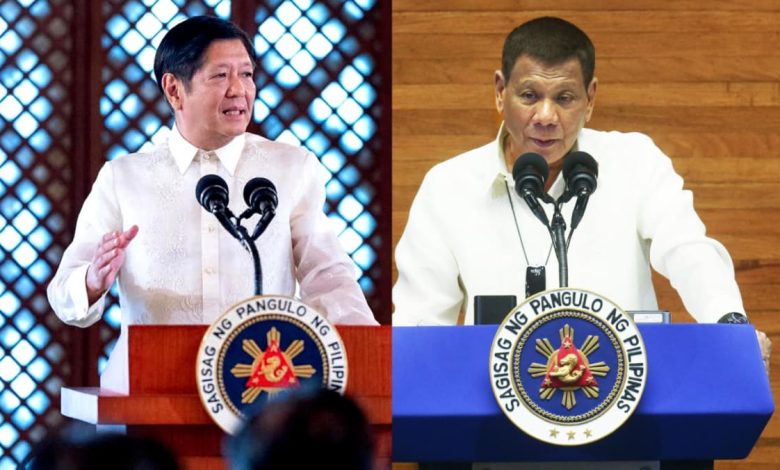The US-China factor in Philippines’ Marcos-Duterte feud comes to the fore

While the Philippine economy grew by 5.6 per cent last year — the fastest rate in the region — headline inflation this year climbed to its highest in July, at 4.4 per cent. Food inflation rose to 6.7 per cent.
Foreign investment remains comparatively low. And the feud could have an effect: It could “lead to a period of political instability”, said Ibarra. “What’s spooked investors as well as our diplomatic partners (is) how quickly policies can change between administrations.”
If Sara Duterte wins the 2028 presidential election, he added, it is likely that she will undo Marcos’ policies.
Also up in the air, with the US presidential election looming in November, could be US investments pledged to the Philippines. “We won’t have any problems if (Kamala) Harris wins,” said Beleno. “If it’s (Donald) Trump, then that’s another story.
“If Trump perceives that (the US’) presence in the Philippines will only cost them money and they won’t gain anything, I don’t think they’ll continue whatever promises the (Democrats) made.”
Then the Philippines would be in a “vulnerable position”.
“The Dutertes could use this situation to their advantage: ‘I told you, right? China should just be a friend. So, we were correct. … Since this administration made a mistake, we should correct it,’” said Beleno, speculating what Duterte would say.





